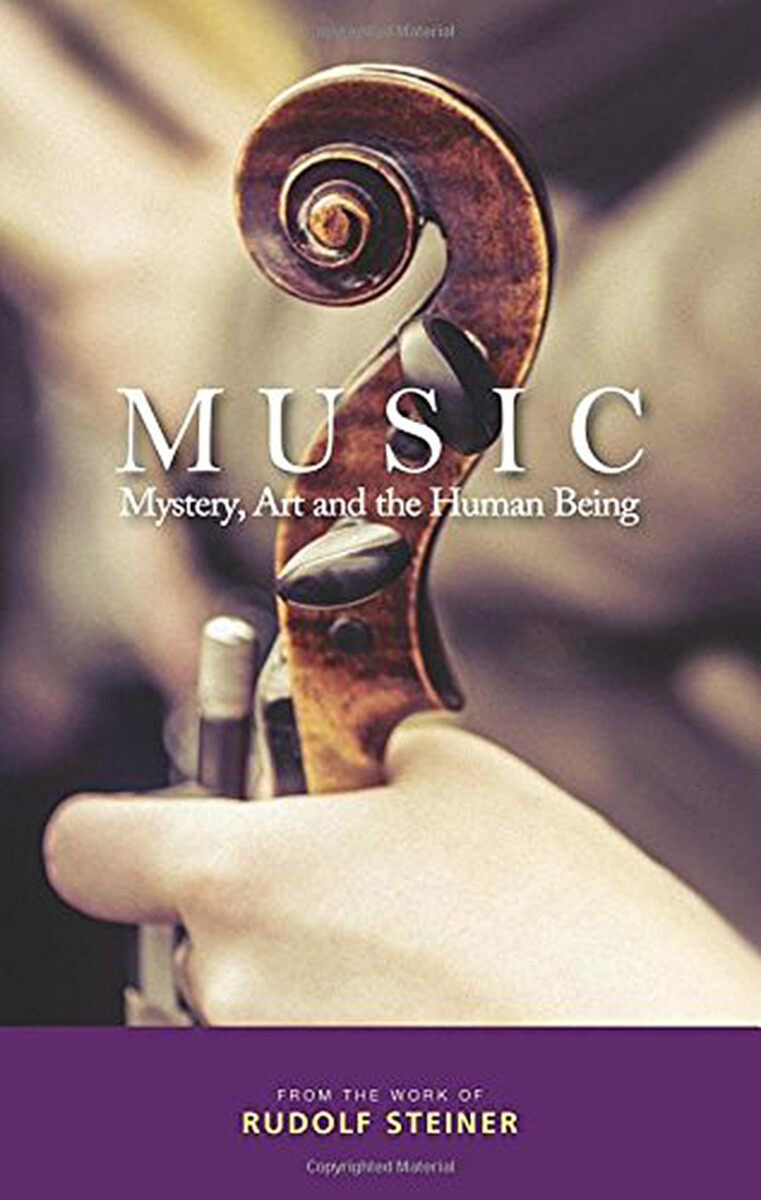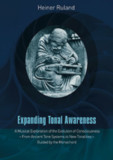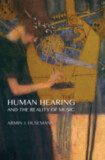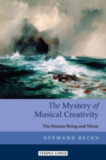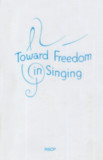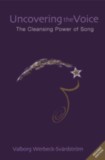Music
Mystery, Art and the Human Being
- Publisher
Rudolf Steiner Press - Published
8th July 2016 - ISBN 9781855845268
- Language English
- Pages 196 pp.
- Size 5.5" x 8.5"
“Our neurosensory system is inwardly configured music, and we experience music as an artistic quality to the degree that a piece of music is in tune with the mystery of our own musical structure” —Rudolf Steiner
What is music? Steiner regards the essence of music as spiritual and inaudible to the senses. The world of tones, carried on vibrations of air, is not the essence. “The true nature of music, the spiritual element in music,” he says, “is found between the tones, in the intervals as an inaudible quality.”
Steiner spoke repeatedly of music as inherent in the cosmos and in human beings. It played an important role in many forms of ritual and worship, and people once perceived a link between music and starry realm, which was seen as the home of the gods. Today our view of music is divorced from such religious perspectives, but research repeatedly demonstrates the profound effects it continues to have on us.
In this unique anthology of texts, compiled with a commentary and notes by Michael Kurtz, Steiner describes the realm of spiritually resonating harmonies of the spheres and our intrinsic connection to that cosmic music. He also explores the phenomenon of musical listening and experience, as well as Goethe’s approach to music.
Originally published in German as Die Welt der Musik (Rudolf Steiner Verlag, 2012).
C O N T E N T S:
Introduction by Michael Kurtz
1. “Musica mundana”—The Music of the Spheres as Universal Force
2. The Human Being as Music—“Musica humana”
3. The Art of Music—“Musica instrumentalis
4. The Intervals as Fundamental Musical Phenomena
5. The Effects of Music and the Human Experience of Tone
6. Rudolf Steiner on Goethe and Schopenhauer and Their View of Music
7. Rudolf Steiner on Diverse Composers
Notes
Rudolf Steiner
Rudolf Steiner (b. Rudolf Joseph Lorenz Steiner, 1861–1925) was born in the small village of Kraljevec, Austro-Hungarian Empire (now in Croatia), where he grew up. As a young man, he lived in Weimar and Berlin, where he became a well-published scientific, literary, and philosophical scholar, known especially for his work with Goethe’s scientific writings. Steiner termed his spiritual philosophy anthroposophy, meaning “wisdom of the human being.” As an exceptionally developed seer, he based his work on direct knowledge and perception of spiritual dimensions. He initiated a modern, universal “spiritual science” that is accessible to anyone willing to exercise clear and unbiased thinking. From his spiritual investigations, Steiner provided suggestions for the renewal of numerous activities, including education (general and for special needs), agriculture, medicine, economics, architecture, science, philosophy, Christianity, and the arts. There are currently thousands of schools, clinics, farms, and initiatives in other fields that involve practical work based on the principles Steiner developed. His many published works feature his research into the spiritual nature of human beings, the evolution of the world and humanity, and methods for personal development. He wrote some thirty books and delivered more than six thousand lectures throughout much of Europe. In 1924, Steiner founded the General Anthroposophical Society, which today has branches around the world.


